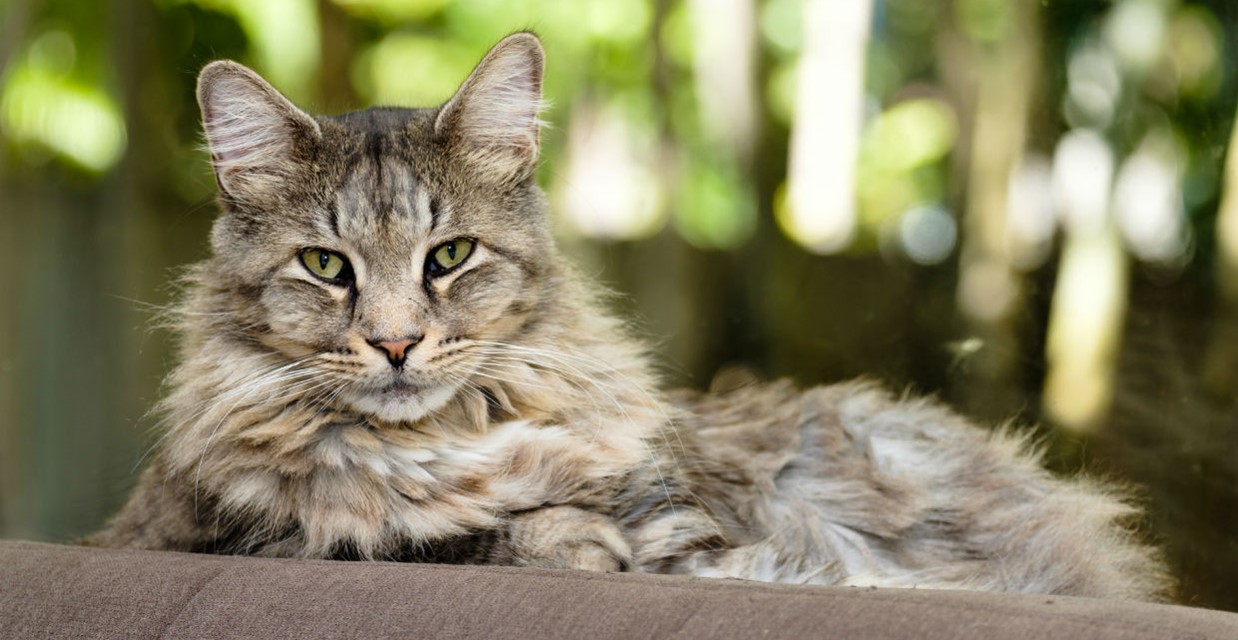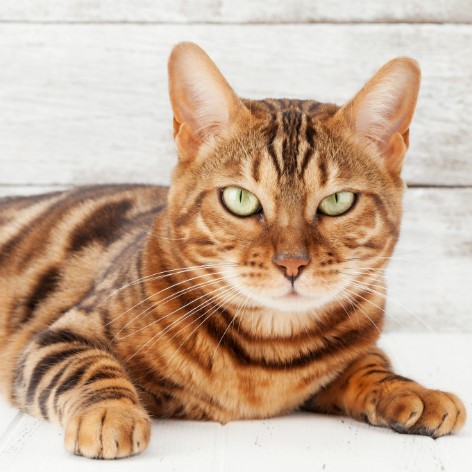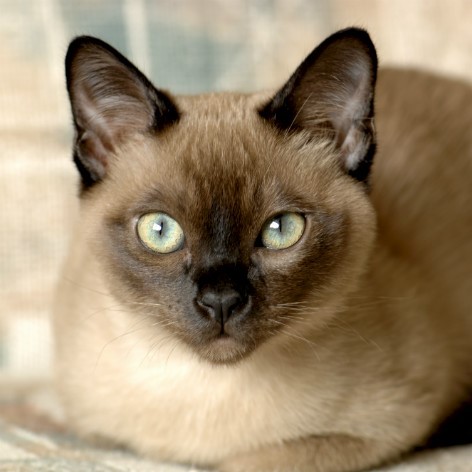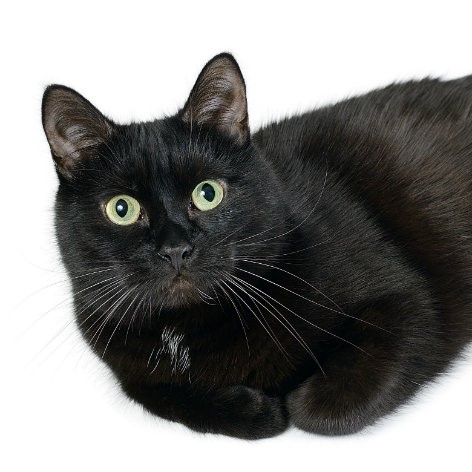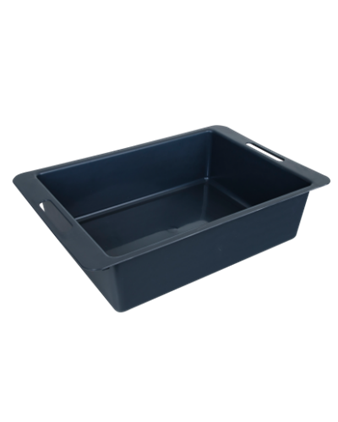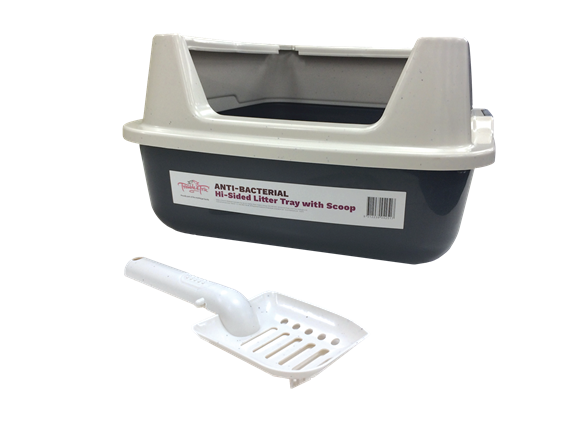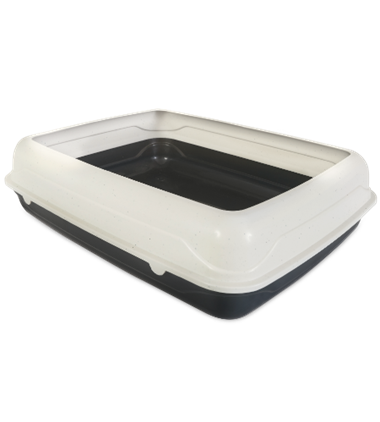Maine Coons are one of the largest breeds of domestic cat. The body is solid and muscular, which is necessary for supporting their own weight and the chest is broad.
Maine Coons possess a rectangular body shape and are slow to physically mature; their full potential size is normally not reached until they are three to five years old, while other cats take about only one year.
Calm and laid-back, the Maine Coon cat isn't very dependent, however, they’re very much people oriented.
They’re glad to move with their owners around the home, and also enjoy playing fetch!
Most Maine Coons are often attracted to water & might even enjoy an unexpected swim.
The Maine Coon is a longhaired, or medium-haired, cat. The coat is soft and silky, although texture may vary with coat colour. The length is shorter on the head and shoulders and longer on the stomach and flanks with some cats having a lion-like ruff around their neck.
Minimal grooming is required for the breed, compared to other long-haired breeds, as their coat is mostly self-maintaining due to a light-density undercoat. The coat is subject to seasonal variation, with the fur being thicker in the winter and thinner during the summer.
Maine Coons can have any colours that other cats have. Colours indicating hybridization, such as chocolate, lavender, the Siamese pointed patterns or the “ticked” patterns, are unaccepted by breed standards.
The most common colour seen in the breed is brown tabby.
All eye colours are accepted under breed standards, with the exception of the occurrence of blue-colours or odd-eyes in cats possessing coat colours other than white.

